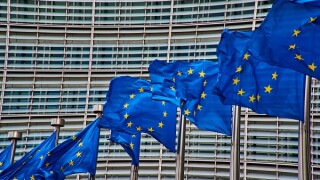European Union
Pillar two was ‘weakened’ when it altered from a multinational convention agreement to simply national domestic law, Federico Bertocchi also argued
The climbdowns pave the way for a side-by-side deal to be concluded this week, as per the US Treasury secretary’s expectation; in other news, Taft added a 10-partner tax team
‘We did not expect to carve out big economies from the minimum tax system’, Estonia’s finance minister said; in other news, Blick Rothenberg has acquired The Vat Consultancy
The US’s GILTI regime will not be forced upon American multinationals in foreign jurisdictions, Bloomberg has reported; in other news, Ropes & Gray hired two tax partners from Linklaters
Sponsored
Sponsored
-
Sponsored by Deloitte Transfer Pricing GlobalDigitalisation is driving the auto industry through an evolutionary leap. Stephan Habisch and Andreas Göttert of Deloitte Germany look at the new digital era tax approach that may upturn existing TP practices.
-
Sponsored by Deloitte Transfer Pricing GlobalTehmina Sharma and Riddhi Shah of Deloitte India examine the industrial products and construction sector, where digitalisation is upending traditional business and supply chains.
-
Sponsored by PwCBob van der Made of PwC assesses the current level of tax harmonisation across EU member states, and evaluates whether there would be further harmonisation under a new EU Commission.
Article list (load more 4 col) current tags














